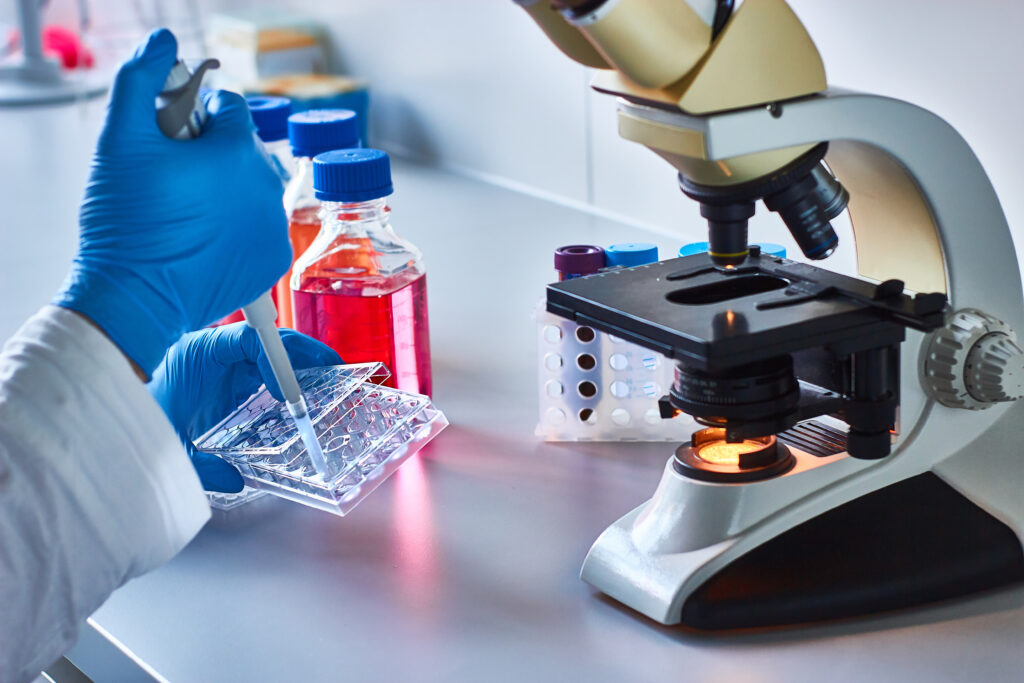Brave New Britain: The U.K. Approves Production of Three-Parent Embryos
The concept of “designer babies” may sound like science fiction, a literal Brave New World, but it is decidedly not fictional – it is here now and being pushed rapidly into fertility clinics.
After only a brief debate today in the House of Commons, British Members of Parliament (MPs) approved a proposal to create genetically-engineered babies who contain the DNA of three parents: two mums and a dad. The vote to approve wasn’t even close – 382 ayes to 128 noes.

The proposal is framed, as is often the case, as a “treatment” for a dread disease, and as the only possible way to proceed if we are to eliminate human suffering. In this instance, the proposed “cure” is for mitochondrial diseases. These genetic diseases are due to mutations in the DNA of cellular mitochondria, which are the “energy factories” present in every cell. Mutations in the DNA of mitochondria can indeed lead to severe, tragic diseases. In severe cases the life span is only a few years, and even in mild cases there can be significant health problems. So, a potential treatment has great appeal.
But what has been proposed, and now approved by the House of Commons, is not a treatment at all. The proposed technique ignores people who already have mitochondrial disease, spurning them in favor of creating new individuals who will (advocates hope) not carry the genetic mutations. The proposal is to manufacture genetically-engineered babies. Mitochondria are inherited from the mother, so the proposal calls for recombining parts from two different eggs to engineer a genetically new egg (or destroying and recombining parts from two different embryos, to assemble a genetically new embryo), theoretically with healthy mitochondrial DNA.
Missing from the proposal is evidence for the safety, as well as the efficacy, of the proposed embryo-manufacturing techniques. Numerous comments from around the world have pointed out the flaws in the science as well as the ethics in the proposal, and even with emotional appeals the majority of British public sentiment is against proceeding with these exercises in genetic engineering of human beings. The most recent House of Commons Science and Technology Committee hearing in October 2014 resulted in submitted written testimony from many, including my own testimony (see pages 54-58).
In the end, all of the evidence against this genetic twiddling of humans was ignored, and now the Parliament is headed toward consent to begin construction of British engineered babies.
David Prentice, Ph.D., is Vice President and Research Director at the Charlotte Lozier Institute.






















